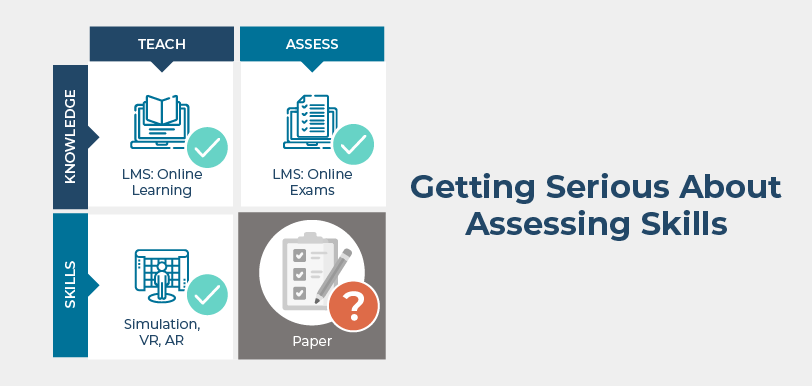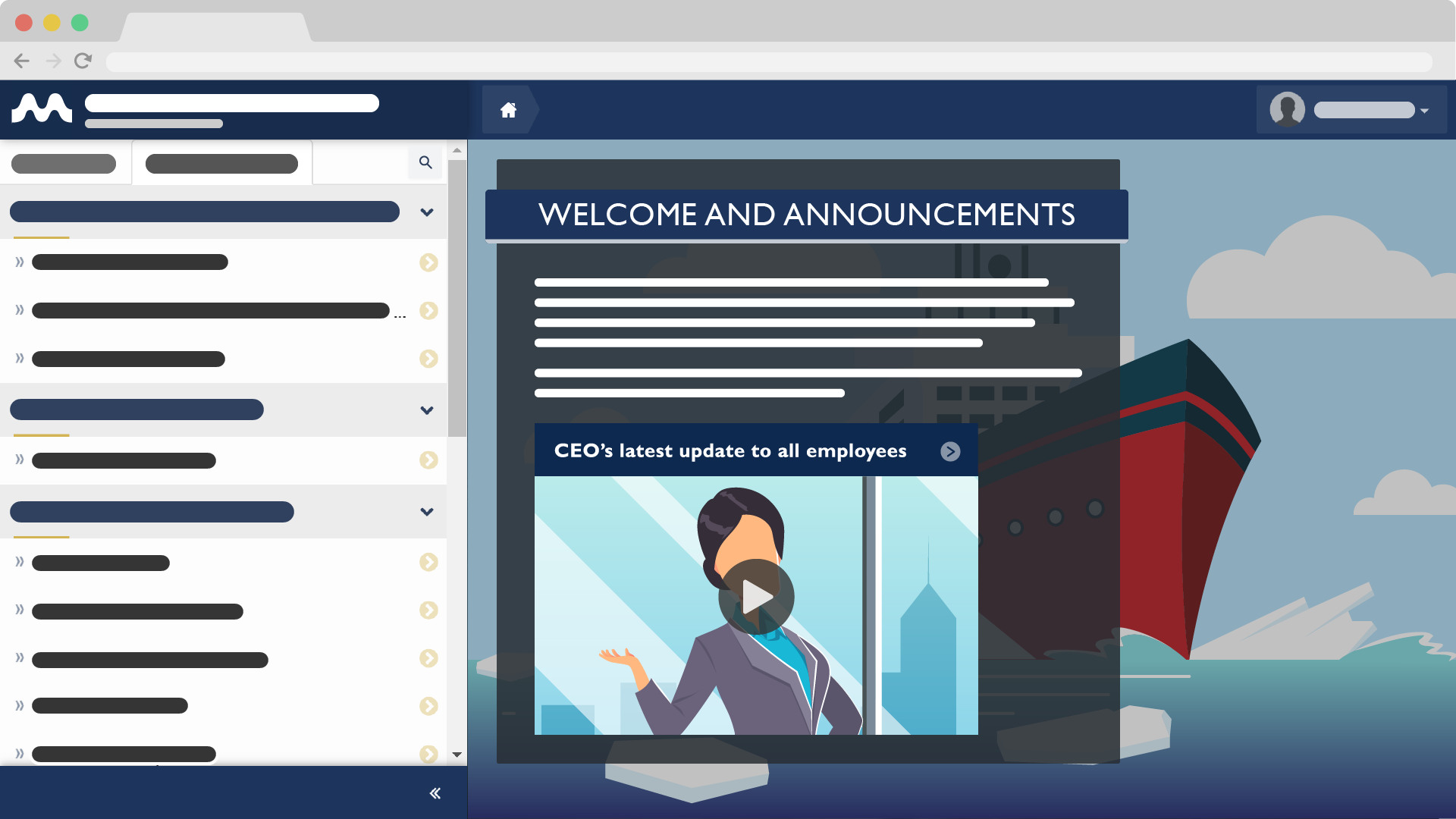Teaching Evaluations to Support Training Excellence
Jun 14, 2017 Murray Goldberg 0 Maritime TrainingIntroduction
Are you a trainer? Does your organization deliver training? Are you currently a trainee?
If you have answered yes to any of the above, then you’ve probably either been evaluated (as a trainer) or given evaluation of a trainer (as a trainee). Teaching evaluations are a critical part of any training program. It benefits the trainer, the trainees and the organization as a whole. Surprisingly, although they are well-known, they are not universal! And even when they are done, they are often not used to their full advantage.
Without teaching evaluations, we are destined to continue to make the same mistakes, unaware, year after year. Remember – if you can’t measure it, you can’t manage it. Feedback on teaching is arguably the most important measurement (KPI) to help operators improve training.
In this blog post, I’d like to discuss the (very simple and effective) practice of performing teaching evaluations, why they are important and some tips before you get started. The next post will go over how to structure student evaluations and how to deliver them for maximum effect in maritime training. If you would like to receive notifications of blog updates, and you have not already done so, please sign up here.
Common in Universities and Colleges
As a faculty member at UBC for about 10 years, teaching evaluations were a fact of life. At the end of every term, we would receive blank evaluation forms to be handed out to the students. Once the grades were in, we were then given the completed forms so that we could see the student feedback – hopefully to the benefit of both us and future students.
These student evaluations provided great insight into how the students perceived us as teachers. But we also were sometimes reviewed by our peers for a different perspective. At UBC, we would periodically be reviewed by other faculty members who sat in on our classes. These reviews were either for tenure evaluation, or for the selection of teaching prize winners. In either case, the evaluations were highly supportive. Although the experience might have created some apprehension, the feedback was always welcomed due to the positive nature in which it was given.
I also have had experience as a peer evaluee at a college where I would occasionally teach. The environment at this college was more adversarial than that at UBC. Although it was a unionized environment, as a faculty member I did not always feel well supported by my peers. This culture was reflected in the nature of the peer teaching evaluations. It seemed to have a more punitive, rather than supportive, focus.
Having seen two implementations of the same tool (peer evaluations), I quickly learned the important lesson: how you do something is often more important than what it is you do. So throughout this blog series, keep in mind that for student or peer teaching evaluations to be effective, they need to be conducted with the goal of positive encouragement and support.
Some Words of Encouragement
Remember that teaching evaluations, whether done by students or peers, are not quite hard data. Instead, they are a compilation of the impressions of those who have seen us teach. As such, just as it is a mistake to fail to consider those opinions, it is also a mistake to apply them blindly.
Use Your Common Sense
In my own experience, it has often been the case that I will receive a recommendation that, after consideration, I decide not to implement. For example, I will sometimes receive a roughly equal number of suggestions to slow down and to speed up. I clearly can’t do both – so instead I have tried to adjust my teaching to better engage those who need more information without losing those who are barely keeping up. This is, of course, a challenge in a classroom, but at least I’ve heard the comment.
As another example, I may receive a comment from one or two students that I am disorganized. But in a class of 200 people, an uncommon comment might be safe to ignore – or at least not take great pains to address. You need to decide based on what you hear and what you know.
The best recommendations I receive are those that surprise me. Sometimes students will make a common observation about something I was completely unaware of. For example, I recall giving a new assignment which I thought the students might not like. I gave it anyhow because of the kinds of skills it exercised. When the teaching reviews came in I heard from the students that they wanted more of that type of assignment – something I would not otherwise have done.
You May be in for a Treat
In general, if you have never been the subject of a teaching evaluation, you are in for a treat. You will hear things which surprise you – they open up a whole new world of perspective on something you thought you already knew very well. The lesson is that regardless of the feedback given, learn everything you can from it, and be careful not to fall into the trap of “trying to please everyone”. You can’t please everyone, but you can always improve.
So Don’t be Afraid
And finally, don’t be afraid. Many instructors are very reluctant to receive evaluations for fear that they highlight failings in their teaching. That may be true – students, especially, rarely mince their words about our shortcomings. But remember that the more concerned you are about what you will hear, the more likely it is that you’ll find value in the advice given. Sometimes you’ll even find humor in them. Once a student wrote on their evaluation that my white tennis shoes were no longer in style. Who knew? Buck up, do the evaluations, and read what comes back. You’ll be a better instructor for having done it.
There is Much More to Say on This …
The next post will go over some basic principles one should adhere to in carrying out student teaching evaluations. Following that, I’d like to speak about what the instructor should do with the returned evaluations, and what the organization (maritime college, vessel operator, etc) should do to make most effect of these evaluations.
If you would like to receive e-mail notifications of upcoming articles, including the next one in this series (and you have not already done so) please sign up here. Until next time – thanks for reading!
Follow this Blog!
Receive email notifications whenever a new maritime training article is posted. Enter your email address below:
Interested in Marine Learning Systems?
Contact us here to learn how you can upgrade your training delivery and management process to achieve superior safety and crew performance.






